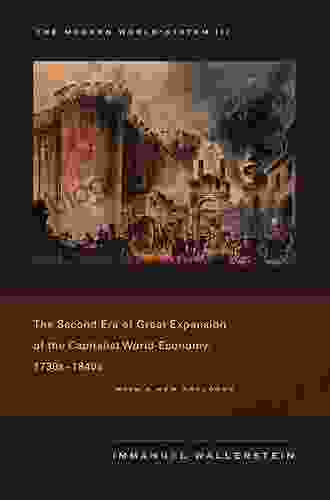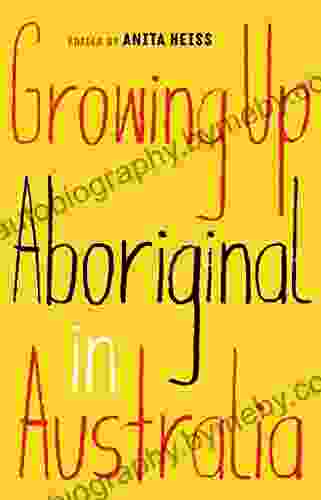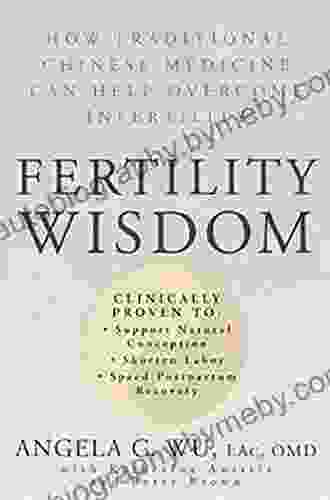Capitalist Agriculture and the Origins of the European World Economy: A Historical Exploration of the Roots of Modern Capitalism

Capitalism, as we know it today, is a complex and multifaceted economic system that has shaped the course of human history for centuries. Its origins, however, are not as straightforward as one might think. In his seminal work, "Capitalist Agriculture and the Origins of the European World Economy," author John Kriedte argues that the roots of capitalism can be traced back to the transformation of European agriculture in the late Middle Ages.
Prior to the 15th century, Europe's economy was largely based on feudalism, a system characterized by the dominance of landowning aristocrats and a peasantry tied to the land. Agricultural production was primarily for subsistence, with little surplus to be traded. However, during the 15th and 16th centuries, a series of changes began to occur that would eventually lead to the rise of capitalist agriculture and the emergence of a market economy.
4.6 out of 5
| Language | : | English |
| File size | : | 4407 KB |
| Text-to-Speech | : | Enabled |
| Screen Reader | : | Supported |
| Enhanced typesetting | : | Enabled |
| Print length | : | 444 pages |
| Lending | : | Enabled |
One of the most significant changes was the growth of trade and commerce. With the rise of towns and cities, there was an increasing demand for agricultural products. This demand, in turn, led to a shift in agricultural production from subsistence farming to commercial farming. Farmers began to produce more than they needed for their own consumption, and the surplus was sold in markets. This created a new class of agricultural producers who were not tied to the land and were free to sell their products wherever they could get the best price.
Another important factor in the rise of capitalist agriculture was the enclosure movement. Enclosure was the process by which common lands, which had traditionally been used by peasants for grazing and other purposes, were privatized and enclosed by landowners. This process deprived peasants of access to land and forced them to seek work as wage laborers on the newly enclosed farms. The availability of a large pool of cheap labor further contributed to the profitability of capitalist agriculture.
The rise of capitalist agriculture had a profound impact on European society. It led to the growth of a new class of wealthy landowners and merchants, as well as a new class of wage laborers. It also led to the development of new technologies and farming practices, which increased agricultural productivity and further fueled the growth of the market economy.
Kriedte argues that the transformation of European agriculture was not simply an economic process, but also a social and political process. The rise of capitalist agriculture led to the decline of feudalism and the emergence of new forms of social and political organization. It also led to the growth of nation-states and the development of a global economy.
"Capitalist Agriculture and the Origins of the European World Economy" is a comprehensive and well-researched historical analysis of the emergence of capitalism in Europe. Kriedte's work provides a valuable resource for students, scholars, and anyone interested in the history of capitalism and its global implications.
Key Findings
- The origins of capitalism can be traced back to the transformation of European agriculture in the late Middle Ages.
- The growth of trade and commerce, the enclosure movement, and the availability of a large pool of cheap labor were key factors in the rise of capitalist agriculture.
- The transformation of European agriculture was not simply an economic process, but also a social and political process.
- The rise of capitalist agriculture led to the decline of feudalism, the emergence of new forms of social and political organization, and the development of a global economy.
Capitalist agriculture played a pivotal role in the development of the European world economy and the rise of modern capitalism. By examining the historical roots of capitalism, we can better understand its current manifestations and its impact on our world today.
4.6 out of 5
| Language | : | English |
| File size | : | 4407 KB |
| Text-to-Speech | : | Enabled |
| Screen Reader | : | Supported |
| Enhanced typesetting | : | Enabled |
| Print length | : | 444 pages |
| Lending | : | Enabled |
Do you want to contribute by writing guest posts on this blog?
Please contact us and send us a resume of previous articles that you have written.
 Book
Book Novel
Novel Page
Page Chapter
Chapter Text
Text Story
Story Genre
Genre Reader
Reader Library
Library Paperback
Paperback E-book
E-book Magazine
Magazine Newspaper
Newspaper Paragraph
Paragraph Sentence
Sentence Bookmark
Bookmark Shelf
Shelf Glossary
Glossary Bibliography
Bibliography Foreword
Foreword Preface
Preface Synopsis
Synopsis Annotation
Annotation Footnote
Footnote Manuscript
Manuscript Scroll
Scroll Codex
Codex Tome
Tome Bestseller
Bestseller Classics
Classics Library card
Library card Narrative
Narrative Biography
Biography Autobiography
Autobiography Memoir
Memoir Reference
Reference Encyclopedia
Encyclopedia Fritjof Capra
Fritjof Capra Andrew M Campbell
Andrew M Campbell Beverly Jenkins
Beverly Jenkins Angie Cruz
Angie Cruz Andrew Biss
Andrew Biss Patricia A Banks
Patricia A Banks Angela Coldwell
Angela Coldwell Ann Hagedorn
Ann Hagedorn Tony Alessandra
Tony Alessandra Andrew M Greeley
Andrew M Greeley Lucia Ashta
Lucia Ashta Michael Allison
Michael Allison Andrew Hartman
Andrew Hartman Katey Morgan
Katey Morgan Donald A Ritchie
Donald A Ritchie Karen Kaufman Wilson
Karen Kaufman Wilson Ananda Kiamsha Madelyn Leeke
Ananda Kiamsha Madelyn Leeke P M Gilbert
P M Gilbert Greg Verdino
Greg Verdino Andrew Sharples
Andrew Sharples
Light bulbAdvertise smarter! Our strategic ad space ensures maximum exposure. Reserve your spot today!
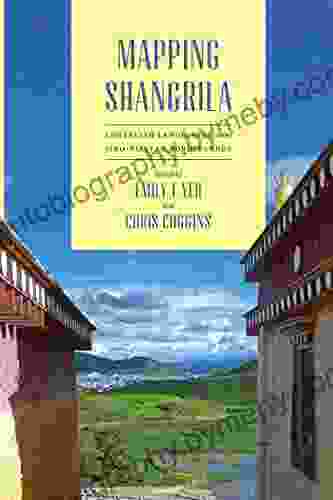
 José SaramagoContested Landscapes in the Sino-Tibetan Borderlands: Explore the Uncharted...
José SaramagoContested Landscapes in the Sino-Tibetan Borderlands: Explore the Uncharted... Forrest ReedFollow ·15k
Forrest ReedFollow ·15k Natsume SōsekiFollow ·18.2k
Natsume SōsekiFollow ·18.2k Julio CortázarFollow ·17.1k
Julio CortázarFollow ·17.1k Mike HayesFollow ·5.5k
Mike HayesFollow ·5.5k Brian BellFollow ·15.2k
Brian BellFollow ·15.2k Walter SimmonsFollow ·5k
Walter SimmonsFollow ·5k Lord ByronFollow ·14.7k
Lord ByronFollow ·14.7k Cole PowellFollow ·2.3k
Cole PowellFollow ·2.3k

 Bryce Foster
Bryce FosterCelebrate the Luck of the Irish: Unveiling Saint...
As the verdant hues of spring brush...

 Chase Simmons
Chase SimmonsCody Rodeo: A Photographic Journey into the Heart of the...
Step into the arena of the...

 David Mitchell
David MitchellUnveiling the Enchanting World of Door County Quilts: A...
Step into the Heart of Amish Country in...
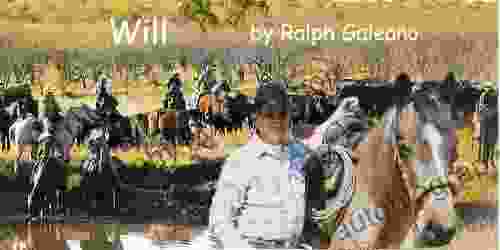
 Floyd Powell
Floyd PowellCowboy Chatter: Unraveling the Enigmatic Tales of the Old...
Step into the...

 Ismael Hayes
Ismael HayesUnlock Content Marketing Mastery: How to Create...
In today's digital landscape, content is...

 Boris Pasternak
Boris PasternakMore Than 200 Hardball Questions For The Thinking Fan
The Ultimate Baseball Trivia Challenge Are...
4.6 out of 5
| Language | : | English |
| File size | : | 4407 KB |
| Text-to-Speech | : | Enabled |
| Screen Reader | : | Supported |
| Enhanced typesetting | : | Enabled |
| Print length | : | 444 pages |
| Lending | : | Enabled |


